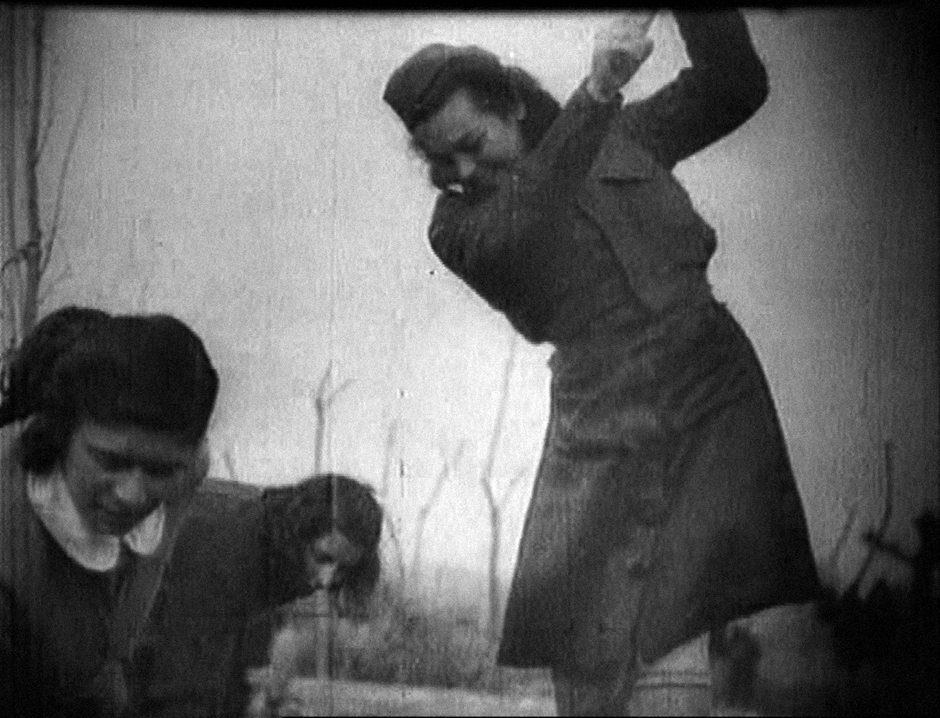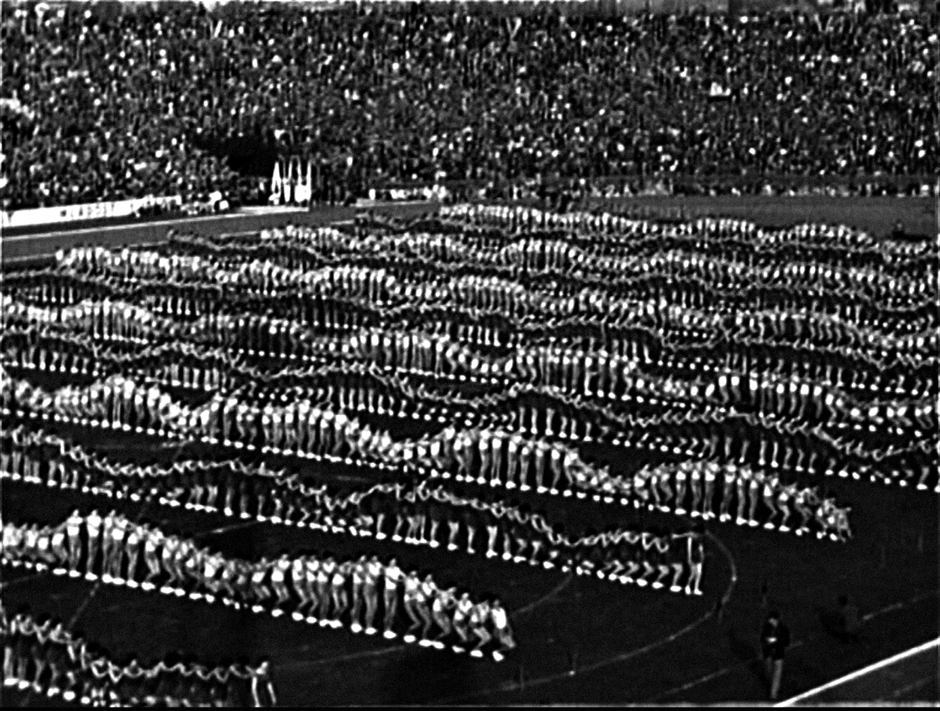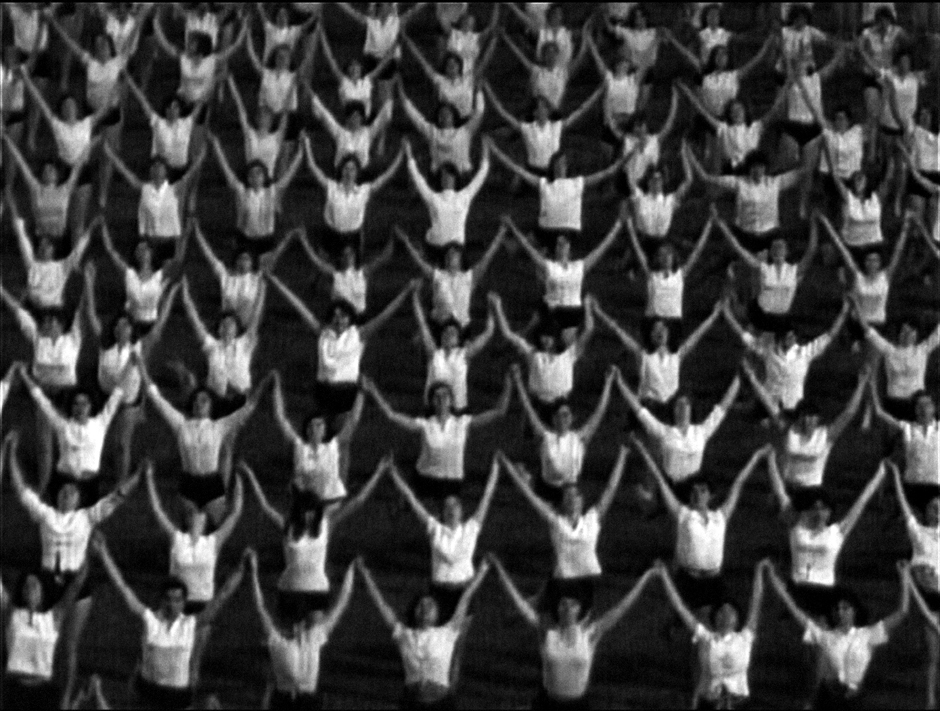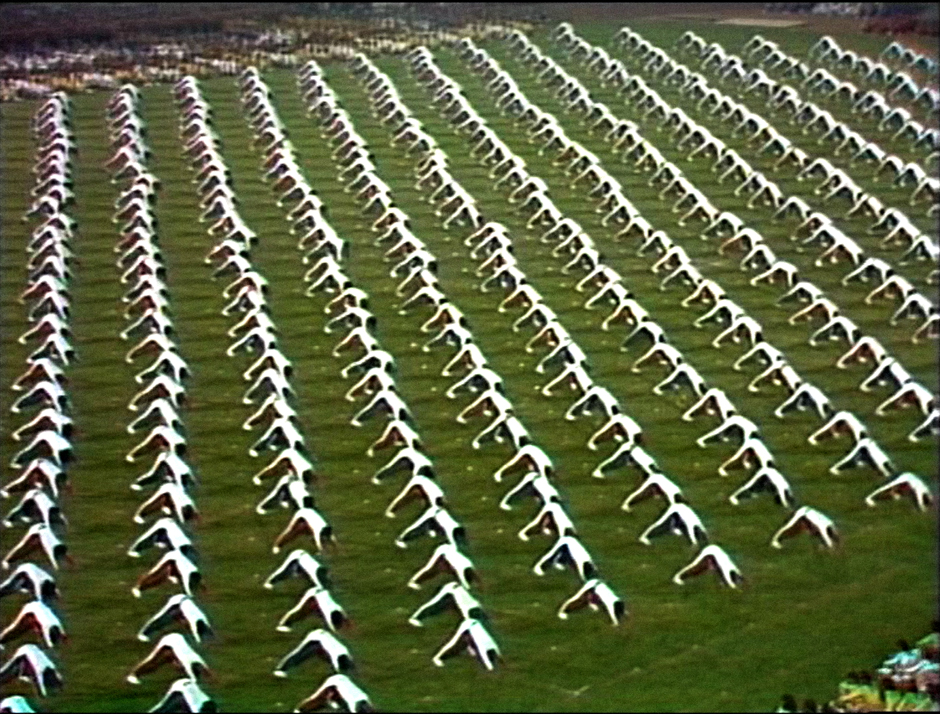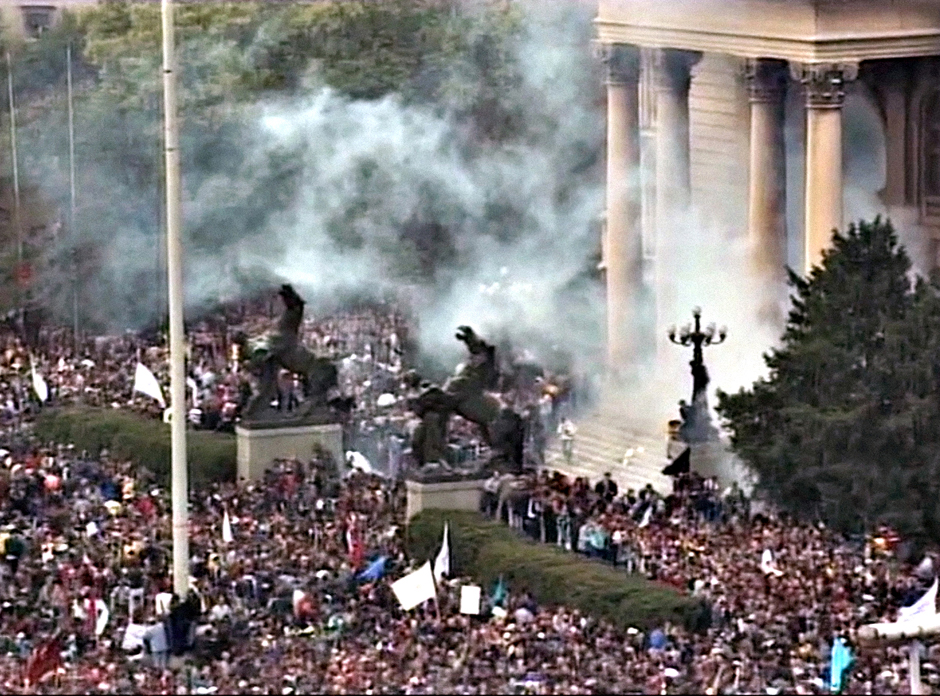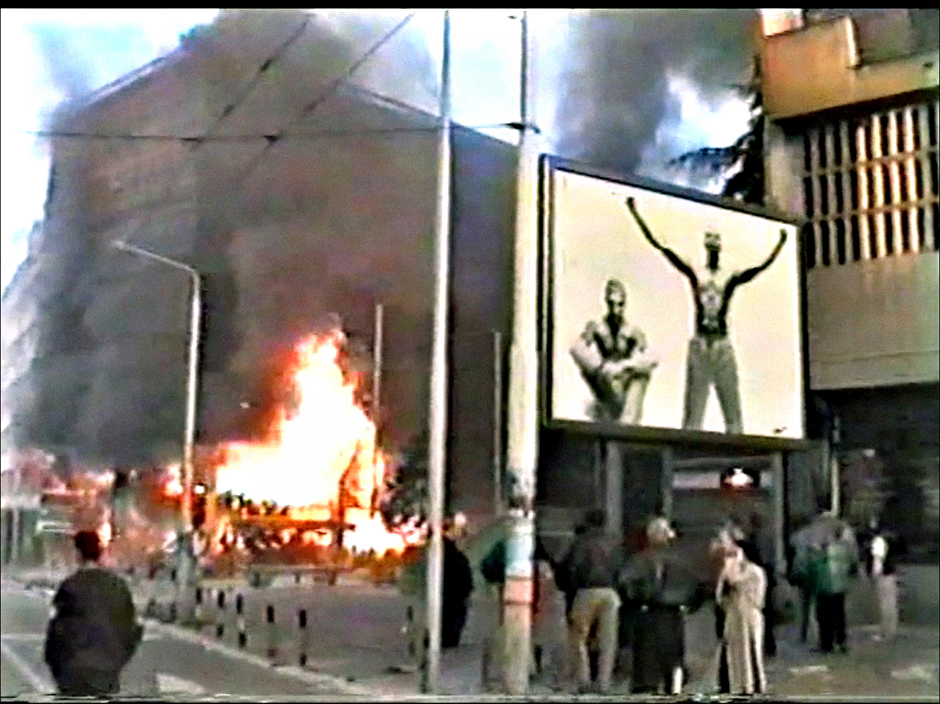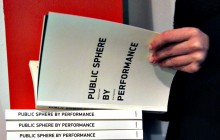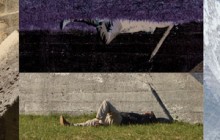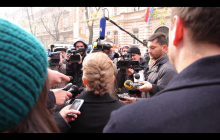YUGOSLAVIA, HOW IDEOLOGY MOVED OUR COLLECTIVE BODY
Serbia ::: France ::: Germany
62 min ::: 2013
This research-based essay film is a very personal perspective on the history of socialist Yugoslavia, its dramatic end, and its recent transformation into a few democratic nation states. Experience of the dissolution of the state, and today’s “wild” capitalist reestablishment of the class system in Serbia are my reasons for going back through the media images and tracing the way one social system changed by performing itself in public space. (Marta Popivoda)
The film deals with the question of how ideology performed itself in public space through mass performances. The author collected and analyzed film and video footage from the period of Yugoslavia (1945 – 2000), focusing on state performances (youth work actions, May Day parades, celebrations of the Youth Day, etc.) as well as counter-demonstrations (’68, student and civic demonstrations in the ‘90s, 5th October revolution, etc.). Going back through the images, the film traces how communist ideology was gradually exhausted through the changing relations between the people, ideology, and the state. The film ends at the doors of contemporary Serbian democracy and neoliberal capitalism, demanding that we reflect on why citizens so easily abandoned the ideas of socialist collectivism, brotherhood and unity, workers rights, and free education, replacing them, firstly, with nationalism and war, and then with a promise of freedom and democracy which instead turned out to be individualism and “wild” capitalism. In dramaturgical terms, the film combines the theoretical concepts of social choreography and social drama, transposing them into film language. Through this directorial gesture, Popivoda explores a genesis from Richard Sennett’s thesis – when ideology becomes a belief, it has the power to activate the people and their social behavior – to the thesis of Renata Salecl – at some point people in Yugoslavia had only a belief in belief: they didn’t believe in communist ideology anymore, but believed others did.
N.B. The film is a part of the two-year-long research project Performance and the Public, carried out by Ana Vujanović, Bojana Cvejić, and Marta Popivoda of the Belgrade theoretical-artistic collective TkH [Walking Theory] at Les Laboratoires d’Aubervilliers in Paris. Apart from the film, the research resulted in the book Public Sphere by Performance by Bojana Cvejić and Ana Vujanović.
Directed by Marta Popivoda
Written by Ana Vujanović, Marta Popivoda
Edited by Nataša Damnjanović
Executive Producer Dragana Jovović
Sound design Jakov Munižaba
Colorist Maja Radošević
Producers Marta Popivoda, Alice Chauchat
Co-Producer Ann Carolin Renninger
Produced by
TkH [Walking Theory], Belgrade
Les Laboratoires d’Aubervilliers, Paris
Universität der Künste Berlin, Berlin
joon film, Berlin
Supported by
Program Archive of Television Belgrade
Périphérie – Centre de création cinématographique
Dart film

